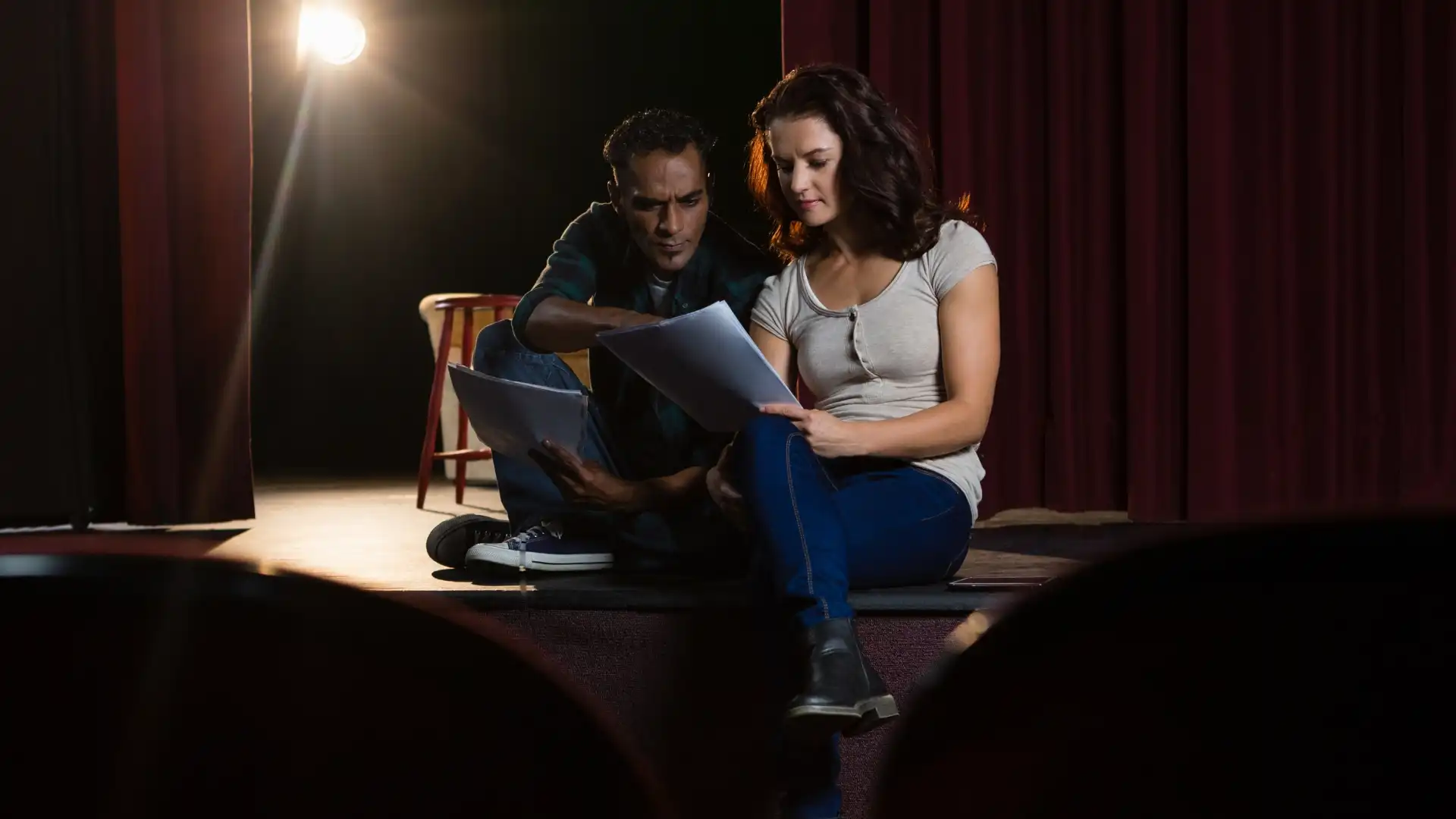Master the Art of Writing Comedy for TV Shows
Comedy is a genre that is loved by all and has been around for centuries. From Aristophanes in ancient Greece to Charlie Chaplin in the early 20th century to modern-day comedians like Tina Fey and Seth MacFarlane, comedy has always been an integral part of entertainment. With the rise of streaming services like Netflix, Hulu, and Amazon Prime, the demand for original comedy content has never been higher. Writing comedy for TV shows can be a challenging task, but it can also be incredibly rewarding. In this article, we will discuss the key elements of writing comedy for TV shows and how you can master the art of writing comedy.
Understanding the Different Types of Comedy
Before we dive into the specifics of writing comedy for TV shows, it’s essential to understand the different types of comedy. There are many different sub-genres of comedy, but we will focus on the four main types:
- Slapstick Comedy – This type of comedy is physical and often involves characters getting into outrageous situations. The humor comes from the visual gags and the characters’ reactions to them.
- Satirical Comedy – Satirical comedy uses irony, sarcasm, and exaggeration to comment on social and political issues. Shows like “The Daily Show” and “Last Week Tonight with John Oliver” are great examples of satirical comedy.
- Situational Comedy – Situational comedy, or sitcoms, are shows that revolve around a group of characters in a particular setting. The humor comes from the characters’ interactions and the situations they find themselves in.
- Dark Comedy – Dark comedy is a genre that uses humor to explore taboo subjects like death, illness, and tragedy. Shows like “The Marvelous Mrs. Maisel” and “Bojack Horseman” are excellent examples of dark comedy.
Identifying Your Audience
Once you have a good understanding of the different types of comedy, the next step is to identify your target audience. Who are you writing for? Are you writing for a particular age group or demographic? Understanding your audience is crucial because it will help you tailor your humor to their interests and sensibilities.
Developing Your Characters
Developing compelling characters is essential in any TV show, but it’s especially important in comedy. Your characters should be relatable and have distinct personalities. They should also have flaws that make them more human and relatable. When writing comedy, it’s essential to create characters that have a strong comedic voice and can deliver your jokes effectively.
Crafting Your Jokes
Crafting effective jokes is the heart of writing comedy for TV shows. There are many different types of jokes, but the most common ones are:
- One-liners – One-liners are quick jokes that usually involve a pun or a play on words.
- Observational humor – Observational humor is based on real-life situations and experiences.
- Satire – Satirical humor uses irony, sarcasm, and exaggeration to comment on social and political issues.
- Physical humor – Physical humor involves characters getting into outrageous situations and using their bodies to create humor.
When crafting your jokes, it’s essential to keep in mind your audience and your characters’ personalities. You want your jokes to be funny, but you also want them to feel authentic and true to the characters and the world you’ve created.
Structuring Your Episodes
Structuring your episodes is another critical element of writing comedy for TV shows. A well-structured episode will have a clear beginning, middle, and end. It should also have a strong comedic premise and a satisfying conclusion. When structuring your episodes, it’s essential to keep in mind the pacing and the balance between comedy and plot.
Key Takeaways
- Understand the different types of comedy, including slapstick, satirical, situational, and dark comedy.
- Identify your target audience to tailor your humor to their interests.
- Develop compelling and relatable characters with a strong comedic voice.
- Craft effective jokes, including one-liners, observational humor, satire, and physical humor.
- Structure your episodes with a clear beginning, middle, and end, and find the right balance between comedy and plot.
If you’re serious about pursuing a career in TV writing, you may want to consider taking the NYU Film and TV Industry Essentials online course and certificate program. This course is designed to give you a comprehensive understanding of the film and TV industry and help you develop the skills you need to succeed in this exciting and competitive field.








